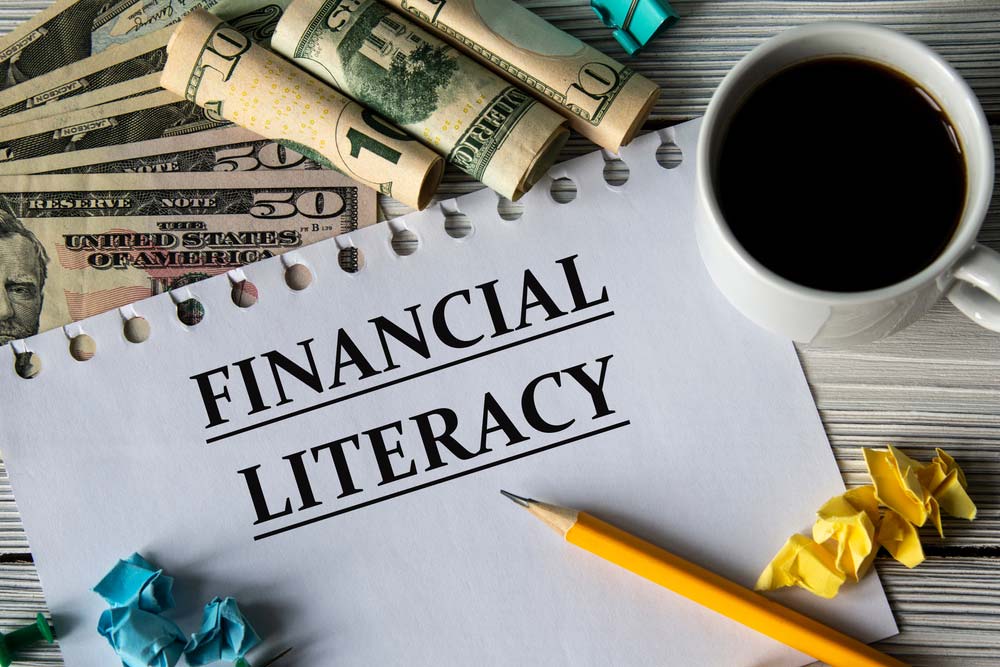The Securities and Exchange Commission (SEC) recently released a wide-ranging report on financial literacy in the U.S.
And the conclusion is clear: We’re not there yet. Not even close.
Yet the consequences have never been greater.
Corporate pension plans have gone the way of the passenger pigeon.
And without serious reform, Social Security – according to that agency’s own website – will soon be done in by time and arithmetic.
At the very least, the age of initial eligibility is likely to be raised substantially in the years ahead to adjust for greater longevity.
To a great extent, Americans are on their own.
We need to understand basic financial concepts – and apply them.
Yet the SEC report and others like it show that the vast majority aren’t ready.
A Health and Retirement Survey concluded that most Americans “lack even a rudimentary understanding of stock and bond prices, risk diversification, portfolio choice, and investment fees.”
The most common response to most questions in the survey was “Do not know.”
It’s a shame that even good students graduate from high school today without understanding compound interest, variable-rate mortgages, Roth IRAs, what a bond is or why we have a stock market.
Teachers will argue that students suffer from historical or scientific illiteracy, too.
But being unable to identify Jonas Salk or Winston Churchill will not cost you hundreds of thousands of dollars over your lifetime.
When it comes to money basics, ignorance gets expensive, really fast.
Yet here are just a few highlights from that SEC report.
When asked the primary benefit of portfolio diversification, respondents were given three choices: A) risk reduction, B) increased returns, or C) reduced tax liabilities.
Only 56% knew the answer is A.
Then again, even if they had no idea whatsoever respondents had a 33% chance of getting it right.
The reality is that most participants didn’t even know this most basic piece of financial wisdom.
When asked whether a young investor willing to take moderate risk for above-average growth should invest in A) Treasury bills, B) money market funds, or C) balanced stock funds, 63% of respondents chose the wrong answer.
Even 49% of mutual fund owners didn’t know the correct answer is C.
When asked whether a traditional IRA, a 401(k) or a Roth IRA offered withdrawals that are tax-exempt, only 44% knew the correct answer is a Roth.
This is a crying shame, especially in a country like ours where citizens are given the freedom and opportunity to pursue financial independence.
Instead, too many learn the hard way, falling for the siren song of an expensive insurance agent or transaction-based broker… or committing hari-kari in a discount brokerage account.
What is the solution? Teaching basic financial literacy in every public high school in the country would be a good first step.
But education reform is slow and difficult, not least of all because fewer than 20% of teachers polled said they felt competent to teach saving and investing.
Fortunately, Liberty Through Wealth exists to help fill this gap.
We cover everything here from the most basic principles to the most advanced strategies – and tie them to what is happening in today’s stock, bond, currency and commodity markets.
So stick with us. We’re committed to sharing the secrets of investment success. And – since this service is free – the cost is only a few minutes of your attention each day.
That’s a pretty modest trade-off for something that is the difference between financial independence… and fear and worry.
